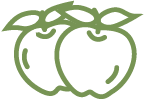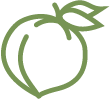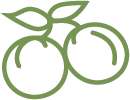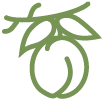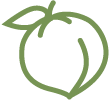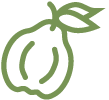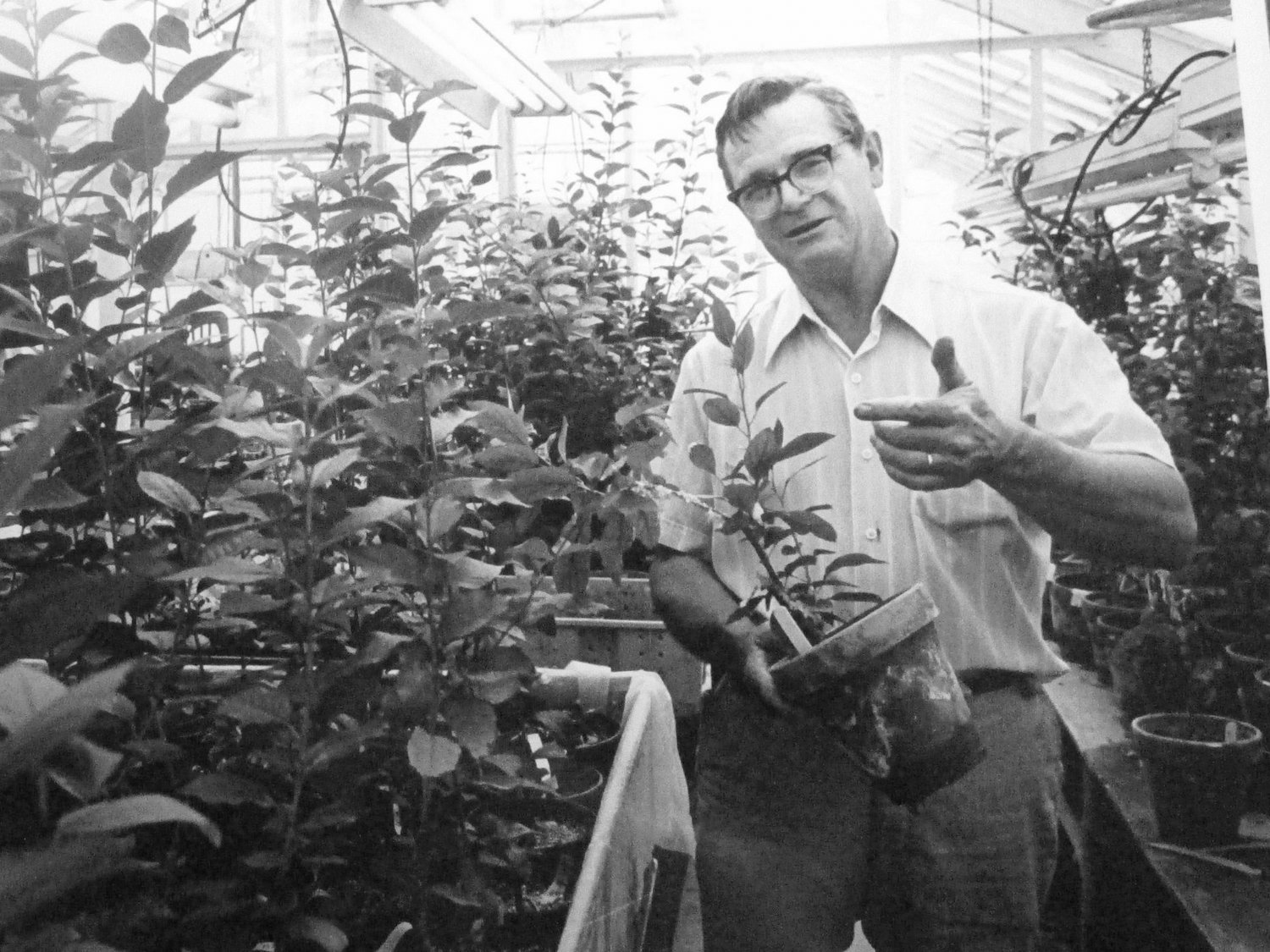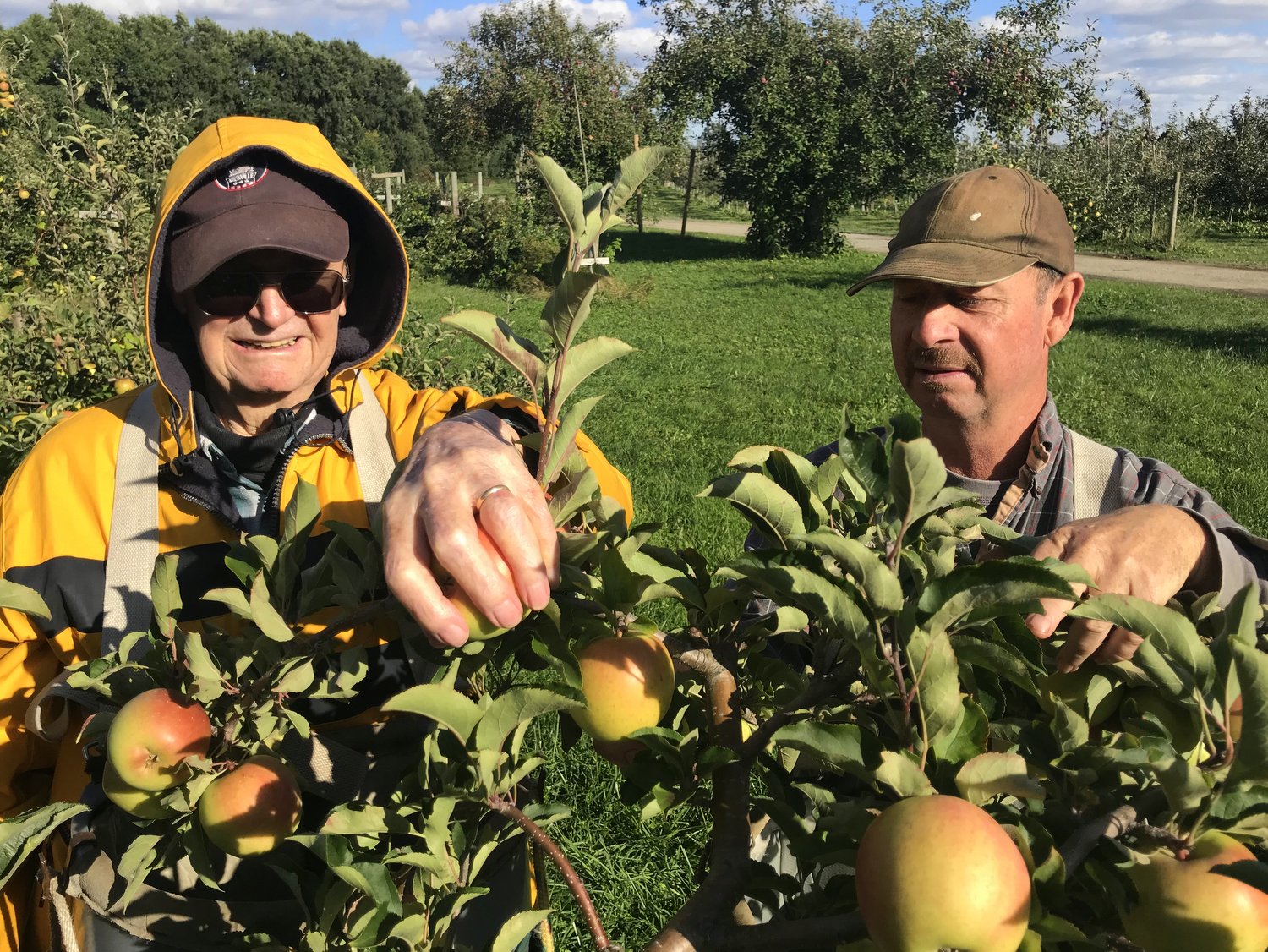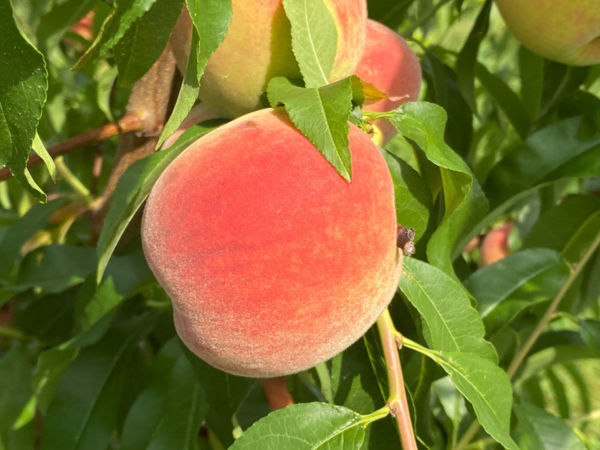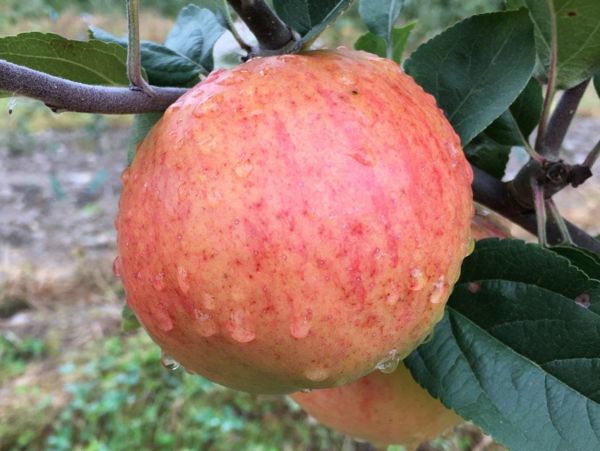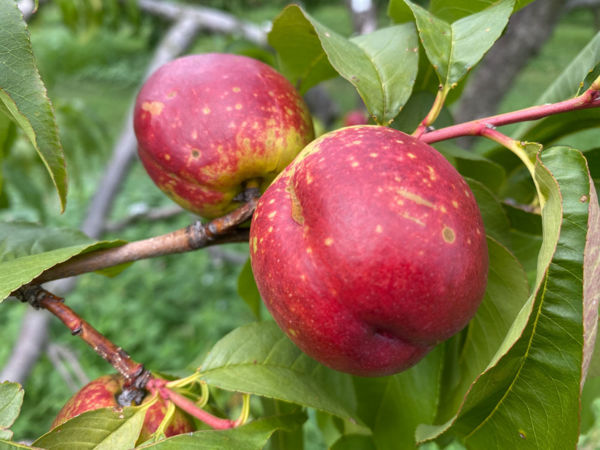An attractive, highly disease-resistant apple, ideal for organic growers.
About Dr. Jim Cummins (Dad)
In the late 1960s, a "double-whammy" hit thousands of apple trees on the English clonal rootstocks that were then being planted in New York orchards. Trees on Malling-Merton 106 were taken out by Phytophthora collar rot, and whole blocks on Malling 9 were killed by fireblight.
Dad began his apple rootstock breeding program in 1968, at the Cornell University Agricultural Experiment Station in Geneva, to produce a repertoire of rootstocks that could survive under fireblight and Phytophthora pressure, thrive in our climate (so different from that of southeast England where the Malling and Malling-Merton stocks had originated), and provide outstanding orchard performance. In the early 1970s, pathologist Herb Aldwinckle joined the team.
Over the years, they produced well over 300,000 hybrid seeds, emasculating and pollinating perhaps 100,000 flowers. Our whole family was involved in that hybridization. To have a longer breeding season, we went as far south as the National Arboretum in Washington and north into Quebec. All those seedlings were inoculated with Phytophthora in the greenhouse, then with fireblight bacteria; some were tested with woolly apple aphids. Then outside for testing in the stoolbed.
Based on stoolbed behavior, many hundreds of the seedlings were grafted with test varieties, all virus-free: Northern Spy, Delicious, McIntosh mostly. Test blocks were set out across the country from Maine to Washington, with a 20-acre planting at the USDA research station at Kearneysville, West Virginia. After Dad and Herb retired, Terence Robinson and Gennaro Fazio continued evaluating the selections.
In 1994, Dad, Mom, and son Steve started Cummins Nursery. During the first few years, we continued the tradition established by the New York State Fruit Testing Association of budding heirloom varieties and Cornell elite test selections. In 1998, Dad brought Steve a stick each of about 20 cider varieties, such as Brown Snout and Yarlington Mills, Medaille D’or and Muscadet de Dieppe. We sold a handful of them, just enough to make it worth making more the next season. At that time, cider apples were merely niche varieties within our niche nursery. Today, we can’t grow enough cider trees to meet demand. How Dad foresaw this we’ll never know. He doesn’t even drink cider!
These days Cummins Nursery expands on Dad's love of fruit trees by offering not just trees but also rootstocks and scionwood for folks who want to create and grow their own trees.

A SON, a cousin, a brother, an Eagle Scout, a soldier, a scholar, a husband, a father, a scientist, an apple whisperer, a sailor, a grandfather, a great-grandfather, a mentor, a storyteller, a writer, a gardener, a champion hog caller. James Nelson Cummins was born at home in Dix, Illinois, to Nelson and Gladys Riley Cummins. He has been married to Lucinda Firebaugh Cummins for over 70 years and has four sons (James, John, Peter, Stephen) and a daughter (Sarah Cummins Small), three daughters-in-law and a son-in-law, 11 grandchildren, and eight great-grandchildren.
Dad spent his first 43 years in Southern Illinois, with a few side trips for WWII, the Korean War, and several degrees; the next 40 years in Geneva, New York, where he became renowned as an expert in the apple breeding and rootstock world; and finally to Tennessee, where he continues to love the feel of soil upon his fingers and the smell of things growing strong.
Portions of this page were drawn from Boy at Dix: Mostly True Stories of a Boyhood in Southern Illinois, collected by Sarah Cummins Small. You can order the paperback and see some of Dad's stories here.
Featured Products
A few things we're loving right now...
A full-flavored, freestone white peach.
A traditional semisharp cider apple from Spain.
A widely-grown, large, yellow-fleshed nectarine.

